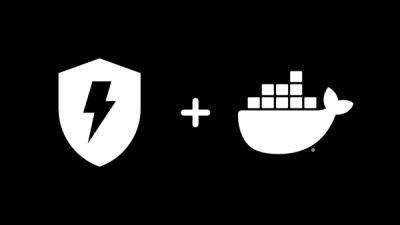===============
django-gulp-rev
Django gulp-rev is a simple Django app that integrates gulp-rev <https://www.npmjs.com/package/gulp-rev>_ with your Django website.
django-gulp-rev looks for your rev-manifest.json file generated by gulp-rev and
parses it to provide dynamic versioned paths to your static assets. In default,
the rev-manifest.json file should be in your STATIC_ROOT directory.
When DEBUG == True, django-gulp-rev doesn't use the rev-manifest.json file, instead
it appends random characters at the end of the file, like this:
/devstatic/css/main.css?39daksd
When DEBUG is set to False, everything works as expected, and django-gulp-rev uses
your rev-manifest.json file to return a versioned static url:
/static/css/main-39daksd.css
Quick start
-
Add "gulp_rev" to your INSTALLED_APPS setting like this:
INSTALLED_APPS = [
...
'gulp_rev',
]
-
Load "rev" in your templates:
{% load 'rev' %}
-
Use in your templates like this:
{% static_rev 'css/main.css' %}
Configuration
DJANGO_GULP_REV_PATH
Override default STATIC_ROOT/rev-manifest.json filepath



